Turner Sports’ move to co-create and broadcast ELEAGUE has been an interesting one, and perhaps the furthest esports has really risen into the mainstream; moving to regular TBS broadcasts is a big step. Turner was pleased with the combined TV and Twitch engagement for season one, which wrapped up in July, and season two has had a good run, with the playoffs just getting underway Wednesday. Matches on Twitch are scheduled for Wednesday, Thursday and Friday, and TBS will televise the second semifinal Friday night at 10 p.m. and the Grand Final Saturday at 4 p.m.
One figure who’s become a regular presence for ELEAGUE viewers is studio host Richard Lewis, who started in esports as a journalist covering the scene (for outlets including The Daily Dot, Heaven Media and Breitbart) and now hosts the ELEAGUE broadcasts both on TV and on digital platforms, as well as writing a blog on ELEAGUE.com and hosting a podcast about the stories of the day across esports. Lewis recently took the time to answer some e-mail questions from Awful Announcing about esports, his role, and how he got to this point.
Awful Announcing: You started as a journalist covering esports. How did you wind up covering esports in the first place?
Richard Lewis: I was an aspiring journalist when I was at university, editor of the student magazine and trying to branch out and do some freelance work. The gaming stuff was interesting because it introduced me to what were the roots of esports as we know it. I was attending small Tekken tournaments that were held in bars in Wales and getting to see how the competitors knew each other. I was also hearing tales about competitive Starcraft players who were treated like kings. I was too heavily into my sports at the time – rugby, football and boxing mostly – to pay much attention to games. I was walking a weird tightrope between being a full-time sports jock and a hardcore nerd.
By the time I was out of university I was looking for freelance work but had settled in to the reality of knowing that you’re not guaranteed the job of your dreams, so I was stuck as a manager in a call center – earning more money than I had ever before in my life, and trying to convince myself that that would be enough. I got to put my journalistic skills into practice by writing for a now defunct blog called “Source Junky,” and the work was deemed to be pretty good, although I’d admit it wasn’t a high bar at the time. I was still grinding in my job at this point but people started making overtures towards giving me paid work. By 2006, I had my first paid esports job, and while it was a slow climb, it was a mostly upward trajectory to get here.
AA: What did you find most interesting about the esports scene at first?
RL: The most striking part of it was that it was like sports but with no regulation or structure. You had all these young aspiring professionals desperately chasing a pot of gold at the end of a rainbow, knowing that it probably wasn’t real. As an older guy who was bit more streetwise than the average esports competitor, I could see immediately the ways that the managers and people in positions of authority failed. I could see how they used this aspirational element to line their pockets or enjoy status among naive youngsters. It was an amazing juxtaposition.
Not every manager was like that of course, but the ones who did it right did so at such a cost you could see it visibly eroding them. I met people who could have been business executives if they’d stayed in their field, but they chose esports. I think a lot of these guys knew we were building something worthwhile, but could never fully articulate it. I shared that belief, and fortunately, never had to sacrifice quite as much.
It was all so interconnected back then. Everyone who attended an event had an alias or a nickname, an online presence, a list of achievements. You felt you knew people you had never even met. Everyone was climbing a ladder and you met people on the way up and the way down. Things just changed so fast and there was always something to talk about. It was a lot of fun, a fascinating subculture.
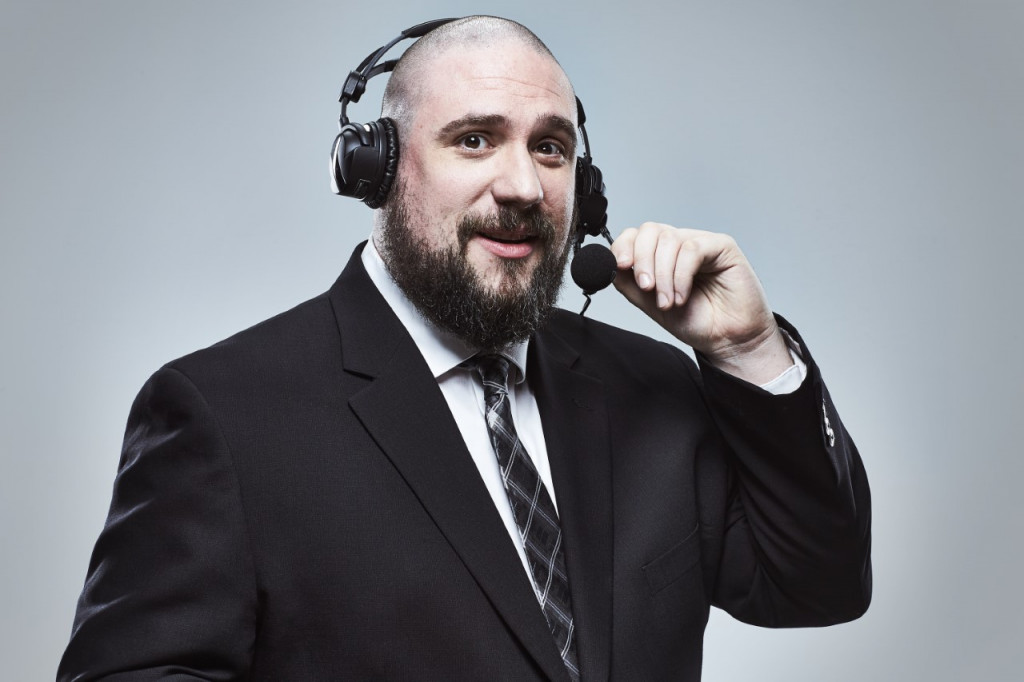
AA: How has esports changed over your time covering it?
RL: How global it has become. Initially, only the elite level teams could compete internationally and even then the costs were astronomical compared to the sponsorships that were coming in. That made any international events incredibly special. Counter-Strike 1.6 had a special feel to it, with teams from China, South Korea, Brazil, Russia the United States, and all across Europe. Now, we don’t think about that at all as we have events like ELEAGUE, which regularly bring everyone together no matter where they come from.
The single biggest change that made all of this possible is streaming. Years of trying to break into the mainstream media saw us either rejected or disrespected – until ELEAGUE – and we just made our own thing and did it better. Think about that for a moment. Esports created a business model that allows viewers to watch tournaments, connect with the stars, for everyone to broadcast and make money without having to rely on the mainstream. So yeah, that really kickstarted esports’ “second golden age” as I see it.
AA: You’ve covered some negative sides of esports, including match-fixing and cheats. What led you to try and dig into those areas?
RL: I think it’s essential to do this type of work for a few reasons. First, because esports was for years, and to some extent still is, reliant on marketing budgets, sponsorships and investments, people don’t want to “rock the boat” with any unpalatable truths. I think it’s important to keep people honest for the greater good.
Even recently I was sent proof of a major esports company demanding journalists remove accurate reporting or they will lose their right to attend future events. I like being the guy who can stand up to these people.
Finally, if we want this whole thing to go anywhere, we have to iron out the bad. People who profit from this at the expense of ethics and integrity are not welcome here. If you want to debase something that we’ve been building for almost two decades for a quick buck, I think it’s fair that you’re exposed. I want the fans to have faith in what they are passionate about. I want newcomers to know this is real. If we let that become eroded, then we don’t have much of anything.
AA: What do you think of the current state of esports journalism overall? Are there things it does well, and/or areas where it needs to improve?
RL: The problems in esports journalism are a microcosm of journalism in general. Good work doesn’t keep the lights on, so many people sell out their ethics for access, status and money.
For a variety of reasons, we are left with very few journalists that can be trusted to actually publish the truth about what is happening in the industry. Those that do will always bitterly regret it, because the way to make money is by doing softball interviews and never acknowledging the bad parts of the business. As a journalist, you’re always one exposé from your career and reputation potentially being ruined. The owners of big organizations call them liars and mobilize their fan bases against them and such behavior is never recanted when the journalist is proven to be true. We’ve got some good young writers coming through, but I always worry about what will happen to them once they understand this. It’s hard to stay true to the path when all conventional wisdom would tell you to fall in line with the others.
AA: How did you get into hosting esports events?
RL: There was a wonderful mad genius called Robert Ohlen who used to be the co-owner and CEO of a company called DreamHack. Sadly, he was driven out of esports by an insane company coup d’état led by his own father and a bunch of disloyal staff to whom he had given careers. [Ohlen] thought I could be a host, even though the prevailing sentiment in esports at the time was I’d never be good on a broadcast. A bunch of higher-ups had made that decision and I was passed over for a lot of work, even doing YouTube shows and that sort of thing. Robert didn’t just think I could be a host, he also thought I could do it in any game – even ones I didn’t play, like Starcraft. It was a big step up for me and had he not suggested it and shown confidence in me, I would not be here today.
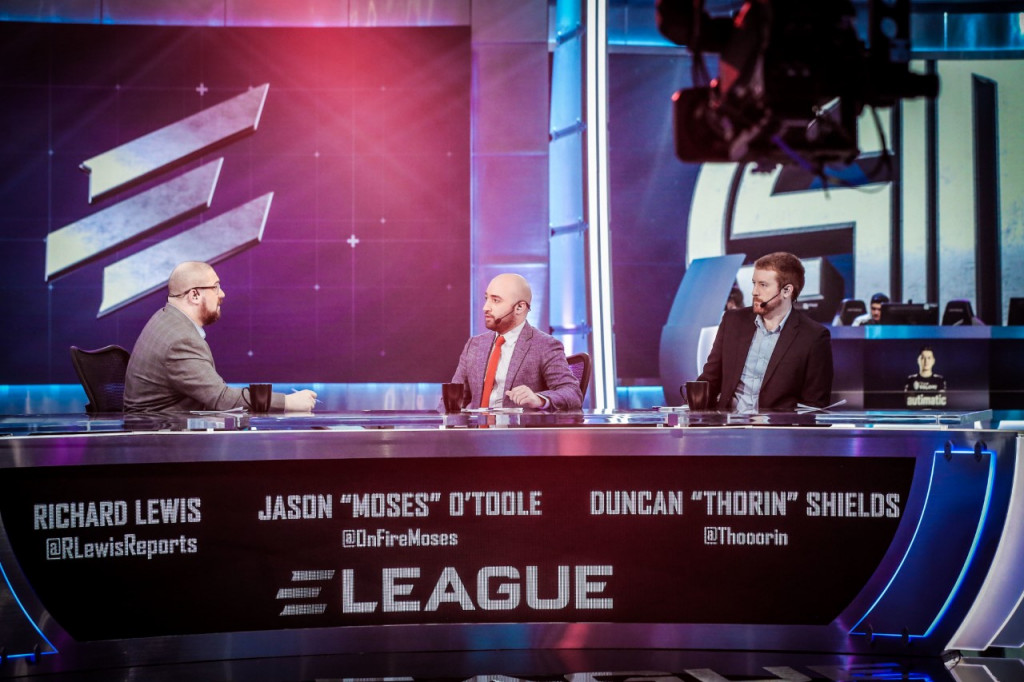
AA: How does your role as a TV host differ from when you’re covering esports on your blog or your podcast? Do you have a preference for one or the other?
RL: They’re all different. Obviously, the journalistic work is the one that takes the most time, requires the most patience and knowledge and, very often, yields the fewest rewards. I feel that to do my best work I need to be free from other distractions and not have anything else on my plate. The work can be pretty all-consuming and make you lousy to be around.
Hosting is next in line. When you’re on the show you’re many things. You’re the channel of communication from the producer and the desk talent, you’re a timekeeper, you’re direct conversational traffic and explaining everything to the viewers. You’ve also got to know what questions to ask to get the best out of the talent you work with and have the discipline to reign in your own personality so you give them the space to expand on their expertise. It’s a balancing act and it was never something I saw myself doing for any length in my career, let alone on television.
The podcast is when I feel myself. I don’t like wearing a suit. I dress like a typical slacker when I’m not on the show, baggy T-shirts and 3/4 cut-offs. I enjoy talking and discussing all types of topics. I like to express my opinions and my personality and I like to try and share whatever it is I actually have figured out thus far. Maybe one day that gets to be the day job but for now I’m fully committed to growing ELEAGUE, and making the most of the great opportunity Turner has presented me with.
AA: How has hosting ELEAGUE gone so far? Any particular highs or lows?
RL: My first night on TV, I had a brave face for the crew and all my fellow talent. Inside, though, my adrenaline is spiking, heart racing, burning up. Probably had a few viewers at home turn the contrast down on their TV because my bald head was morphing into a tomato.
When the show ended, I don’t know what it was, some insane cocktail of relief, pride and fear hit my system all at once. I had to take a moment. Whatever had happened after that moment, I’d been part of a genuine high watermark in esports history. I’d made it to American network television from starting in a council house in a mining town in Britain. All the mistakes I’d made, the drama that was stirred up and the people who had tried to stop me realizing my potential had all somehow been overcome. Even if we’d been canceled the next day and the reviews called me a “bumbling potato with eyes,” I’d done it.
I get to work with amazingly talented people at Turner. It’s some of their best people from their award-winning sports shows and they treat me like I’m the guy with the clue. The things they do, the way they’ve made it look, how quickly they’ve adapted to this, it blows me away every week. I’m sure the high points are all down to them, and I’m just trying to catch up and get to that TV level.
AA: With the televised broadcasts of ELEAGUE in particular, there’s a potential audience that’s new to esports. How do you explain what’s going on to them while still providing value for the hardcore fans?
RL: It’s a balancing act of course. We’ve made the deliberate choice in these early seasons to focus on telling stories based on individuals and teams, the human aspect, because we know from our other sports programming that that’s what viewers care about. Sure, we show the game and we show it in ways that have raised the bar for people who appreciate the action, but I’ll be the first to admit we don’t go into super depth analysis right now. We want our audience to get bedded in, establish the teams and players they like, learn the game and the history, and then we can start dropping the knowledge on them. We think our stats breakdown and our desk segments point out the stuff a hardcore fan can appreciate, but we also think that a new viewer can appreciate what we present.
Our commentators [Anders Blume and Auguste ‘Semmler’ Massonat] do a great job of explaining the action. Honestly, if you’re a newcomer to Counter-Strike, just watching a few games and listening to the way they have tailored the broadcast will teach you so much about the mechanics of the game and decision making of the pros. It’s a big responsibility on their shoulders, and they’ve really exceeded expectations in how they’ve accomplished a distinctive style to the regular work you’ll see at other, non-televised tournaments.
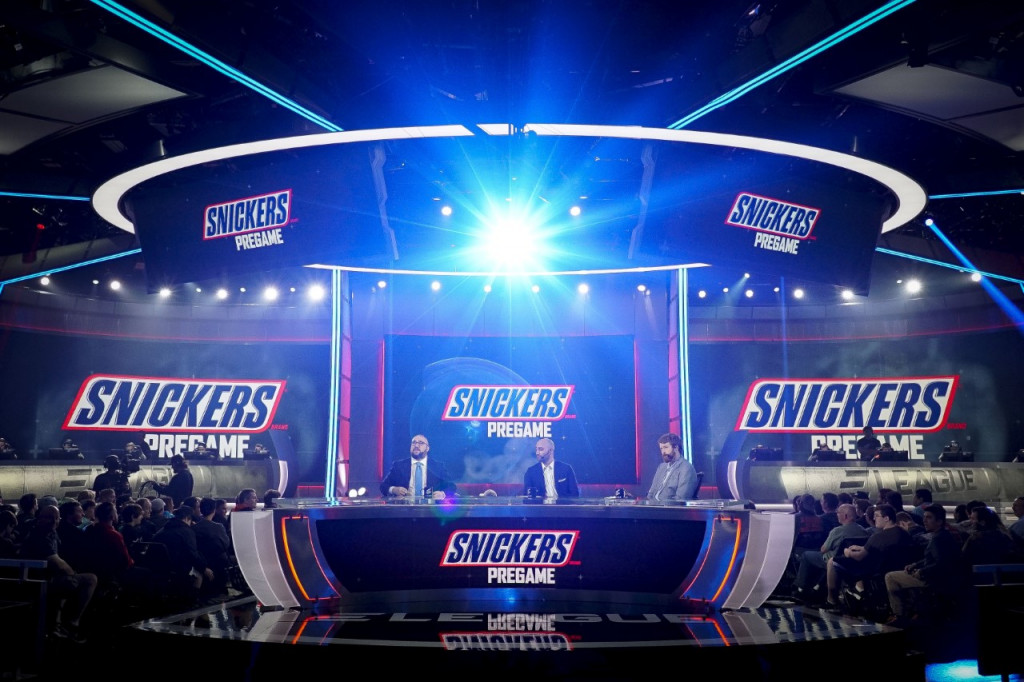
AA: How does CS:GO compare to other esports properties? Why should esports fans that aren’t following it yet check it out?
RL: I can’t think of many esports that strike the perfect balance of being incredibly simple to understand at first glance, but also having a depth that rewards repeated viewing the way Counter-Strike does. On the surface, it looks like it is mainly a test of reactions, who can shoot who first, which is an exciting enough contest in its own right. Start adding the layers to it, the in-game tools like flashbang, smoke, incendiary grenades and decoys, and you can see that there’s so much potential for intelligent counter-play. The variety of maps, the differing tactical approaches of teams – whenever you sit down to watch a game of Counter-Strike, you’re always going to get something different to appreciate, and I think that’s a big part of the appeal for long-term viewers.
AA: What does it mean for ELEAGUE to host the first CS:GO Major Championship of 2017?
RL: It’s an incredibly prestigious thing for us. Everyone in the esports space has to make their case to Valve [the game publisher] as to why they should be chosen. For Valve to choose us over the many other companies in the space is quite an endorsement and I think it speaks volumes about the work we’ve done so far. We don’t rest on our laurels, and we’re convinced we’re going to deliver a memorable experience for attendees, viewers and competitors alike.
AA: Where do you see esports going from here? Where do you see your role in esports going?
RL: Esports was always destined to succeed. All societal trends mean it’s only going to get more popular, not less, and as long as people stay true to what many of us have worked hard to build, I think we’ve all got a bright future. Certainly, you can expect more TV programming and media content from major outlets and I think you’ll also see many try and emulate and improve upon Twitch and YouTube’s formula. I also think you’ll see esports teams start to make moves to buy their own arenas in 2017, since that is a process that some organizations have already started.
As for me and where I’ll be, I honestly don’t know. I don’t have a grand plan and the lack thereof has served me well so far. I’ll keep doing what I’m doing, and when I think esports is in a good place, I’ll probably go work on the definitive esports book or go into a totally different industry altogether. For now though, whether people think it’s for good or ill, I’m not going anywhere.
Thanks to Richard for his time! You can follow him on Twitter at @RLewisReports, and you can find the full ELEAGUE playoff broadcast schedule here. You can also get tickets to watch some of the best CS:GO teams in the world compete at the ELEAGUE Major in Atlanta Jan. 22-29, 2017 at this link.



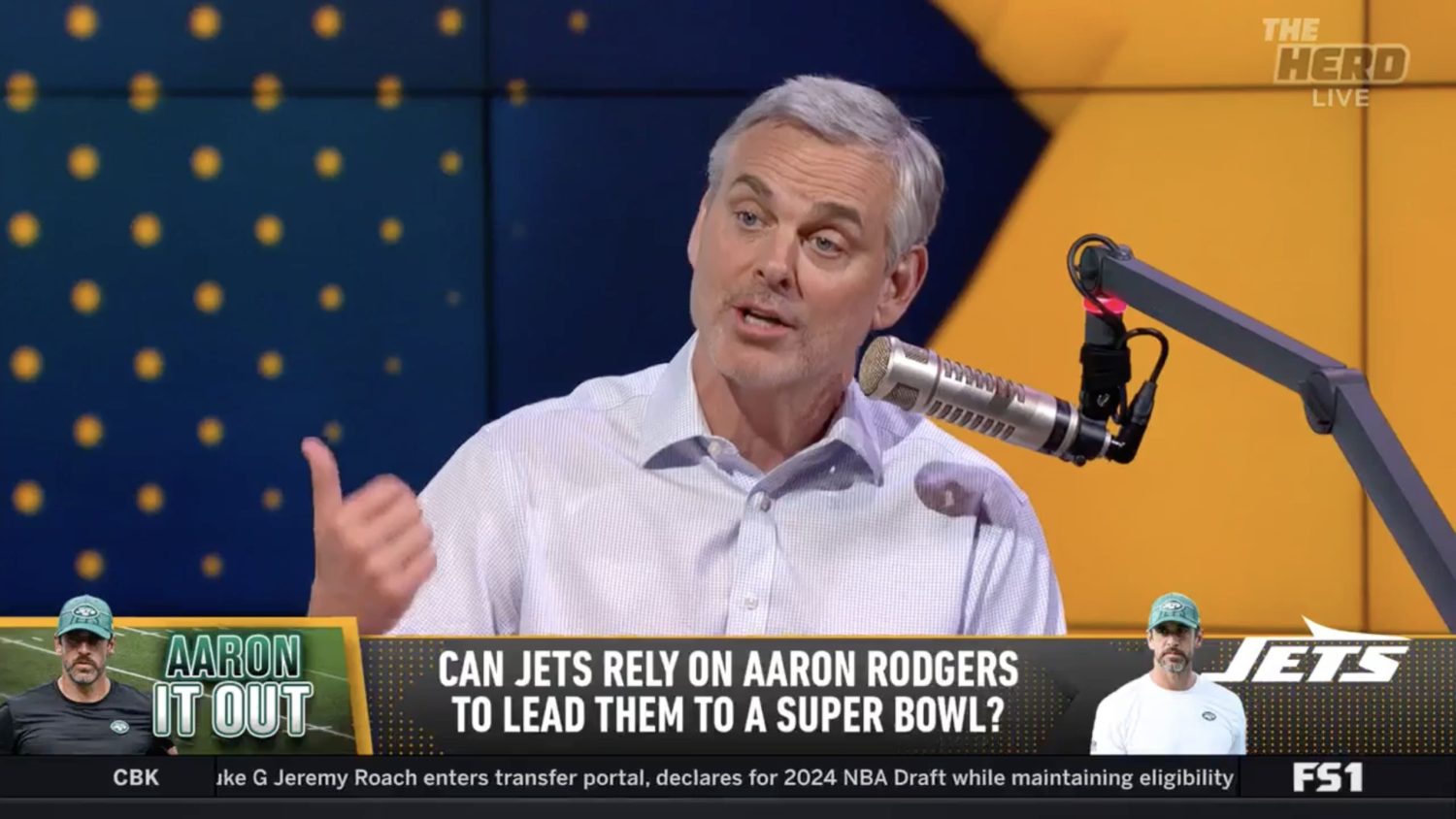
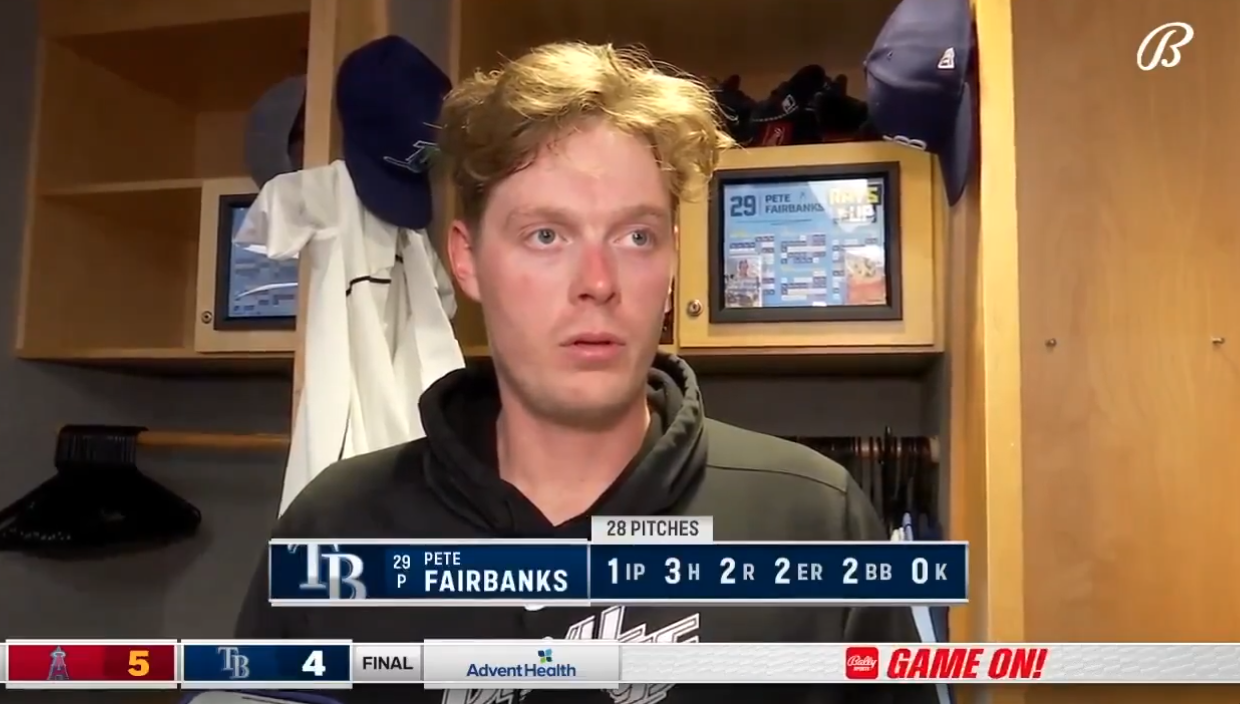
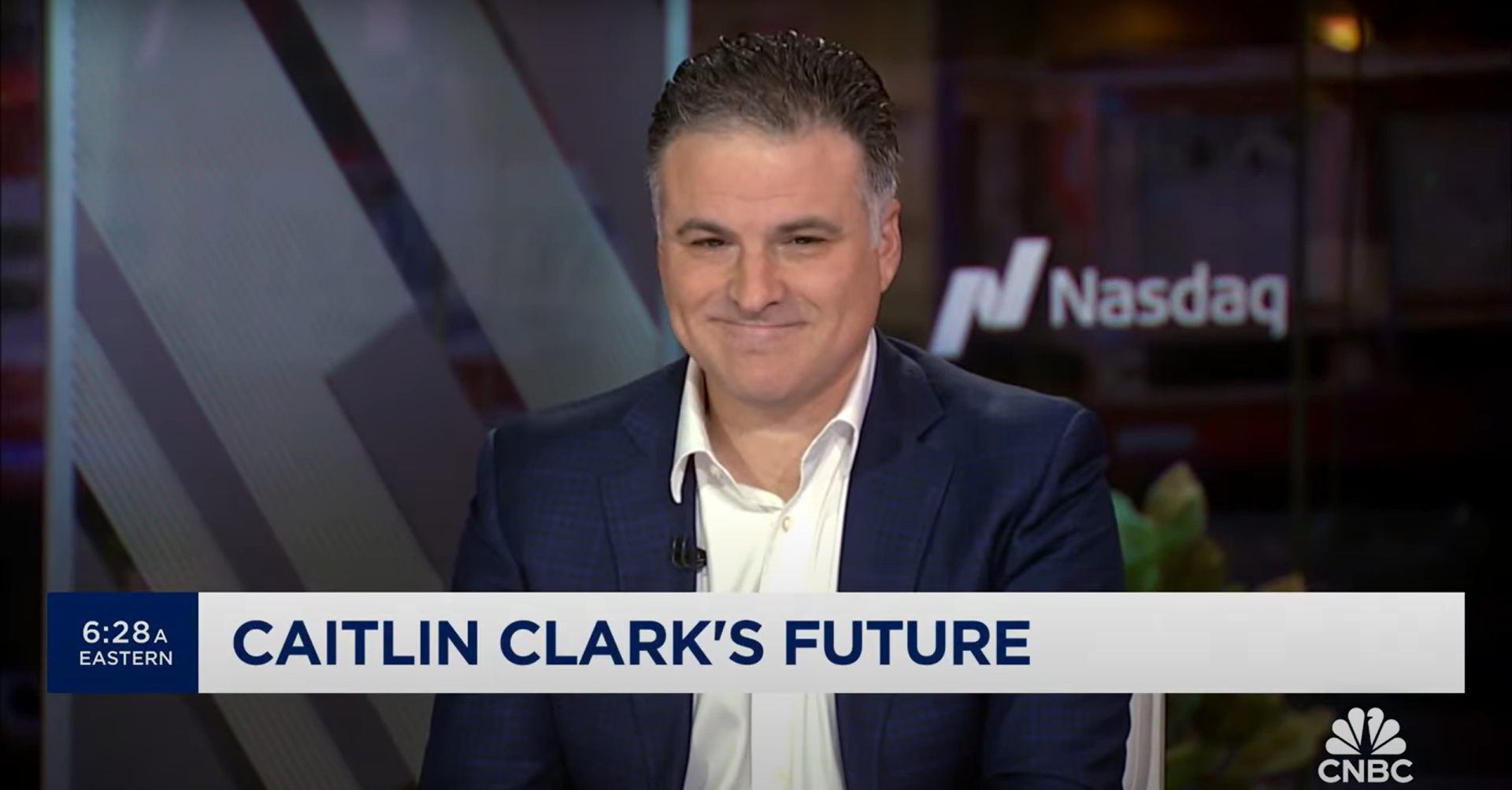

Comments are closed.